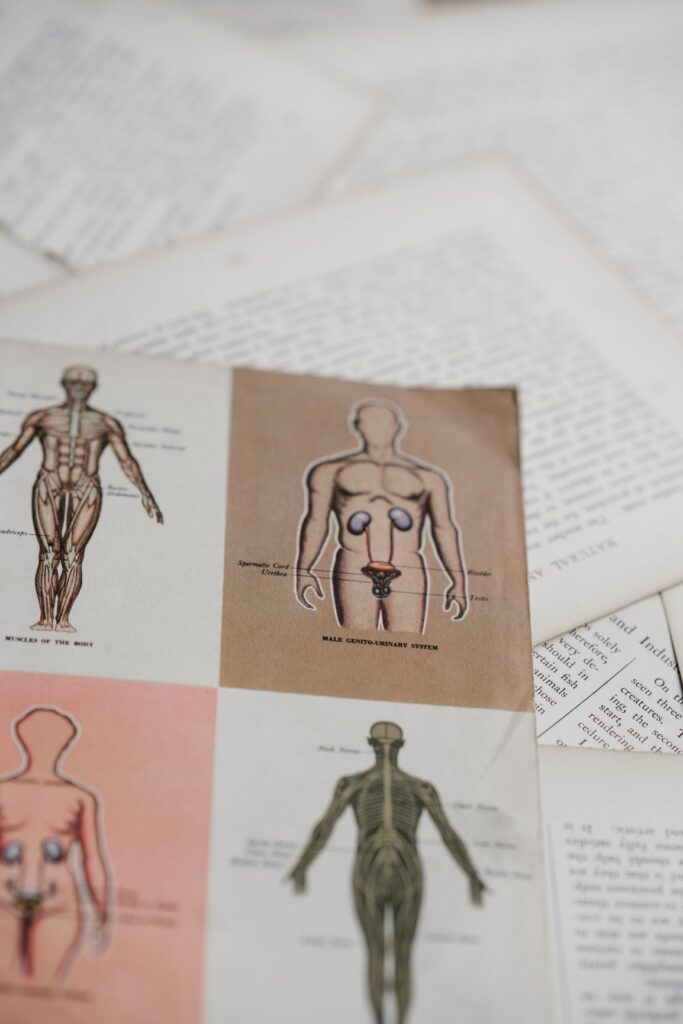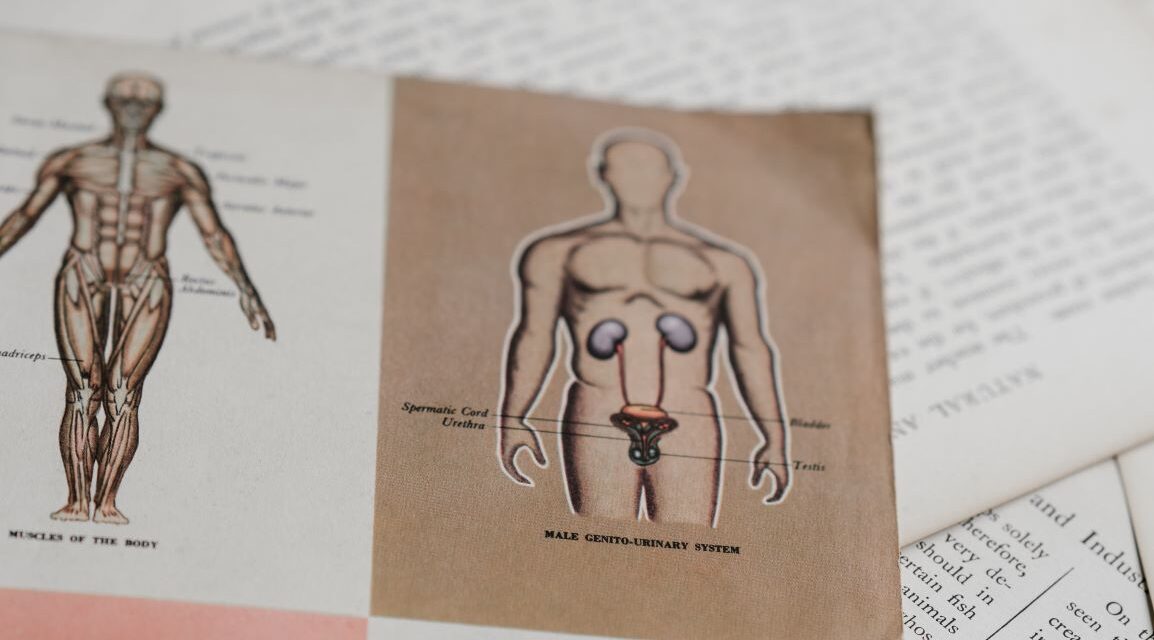Editorial Assistant Andi Christopher: In recent years we have seen the #MeToo movement explode. We have seen men in power fired and imprisoned for their violence toward women. And, just this month, we have seen the inauguration of the first ever woman vice president. Yet despite these examples of progress, harassment toward women persists within all spheres. Being a young woman in this current climate, I found that Sarah Fawn Montgomery’s essay “The Experiment” (read an excerpt here) in The Cincinnati Review’s Issue 17.2 spoke to me, since it shows how extensively the patriarchy has affected our education system and how these practices perpetuate sexual violence. In this piece, Montgomery questions the American sex-education program and the allowances school systems make for male harassment of female students.
“The Experiment” is told from the perspective of girls in middle school, interweaving both first-person singular and first-person plural narration. Montgomery begins her story by describing a seventh-grade science classroom embarking on their first dissection. She writes, “Middle-school science class is where we learn the female body is destined for dissection, that womanhood means an inevitable encounter with the slick edge of a blade, boys and men thrilled by their power and our panic.” This theme carries throughout the short story: we are taught, from a young age, that women’s bodies are to be dissected, used, desired, and silenced.

The girls in this essay are taught abstinence and chastity in sex education while the boys are given condoms and taught empowerment. Girls are not taught about female sexuality, but, rather, to deal with male sexuality. These girls experience this harassment on their own, always at risk when they break from the safety of their group. As Montgomery’s narrator explains, “I try my best to avoid him in science, where he and the other boys reign supreme despite grades that put them lowest in the class.” She alone deals with this particular boy, but “as the semester wears on, the girls ask the teacher to move until, one by one, we all sit at the back table, our gender in a long row.” Even with higher grades than the boys, the girls slowly cluster in the back of the classroom, away from their gazes.
When I was in high school, I was one of two girls in a class of fifteen for honors physics. We sat at the back of the class, our heads buried in our notebooks, trying to remain hidden. We did receive high grades, but our voices shook when presenting our physics projects to a room full of teenage boys. “The Experiment” reflects my own experiences in an education system where girls feel the need to hide in the back of the room, afraid of even our own voices.
“The Experiment” also depicts the treatment of women in positions of power. The eighth-grade science teacher is called names by her male students, though she is characterized as strict and fair, holding the boys accountable for their failings. The boys ridicule her, degrading her physical features, deeming her unattractive and repulsive. To these boys, any woman’s body offers a site to reassert their power and control, even when the power dynamic appears to be in the reverse. This sexist treatment is still seen throughout the schooling system, such as when a strict female teacher is called a “bitch” while a harsh male teacher is a disciplinarian. If boys were taught to respect women rather than to masturbate in sex-education, we could begin to combat sexual harassment. If girls were empowered within their own sexuality like boys are, would they have a stronger voice and no longer hide in the back of the class, embarrassed of their gender and body? Montgomery’s “Experiment” is a timely, chilling piece that exposes the flaws in sex education. It’s a must-read in this political climate.
Andi Christopher is a Cincinnati native who is happy to be in her hometown as a masters student in English Literary and Cultural Studies at the University of Cincinnati.











